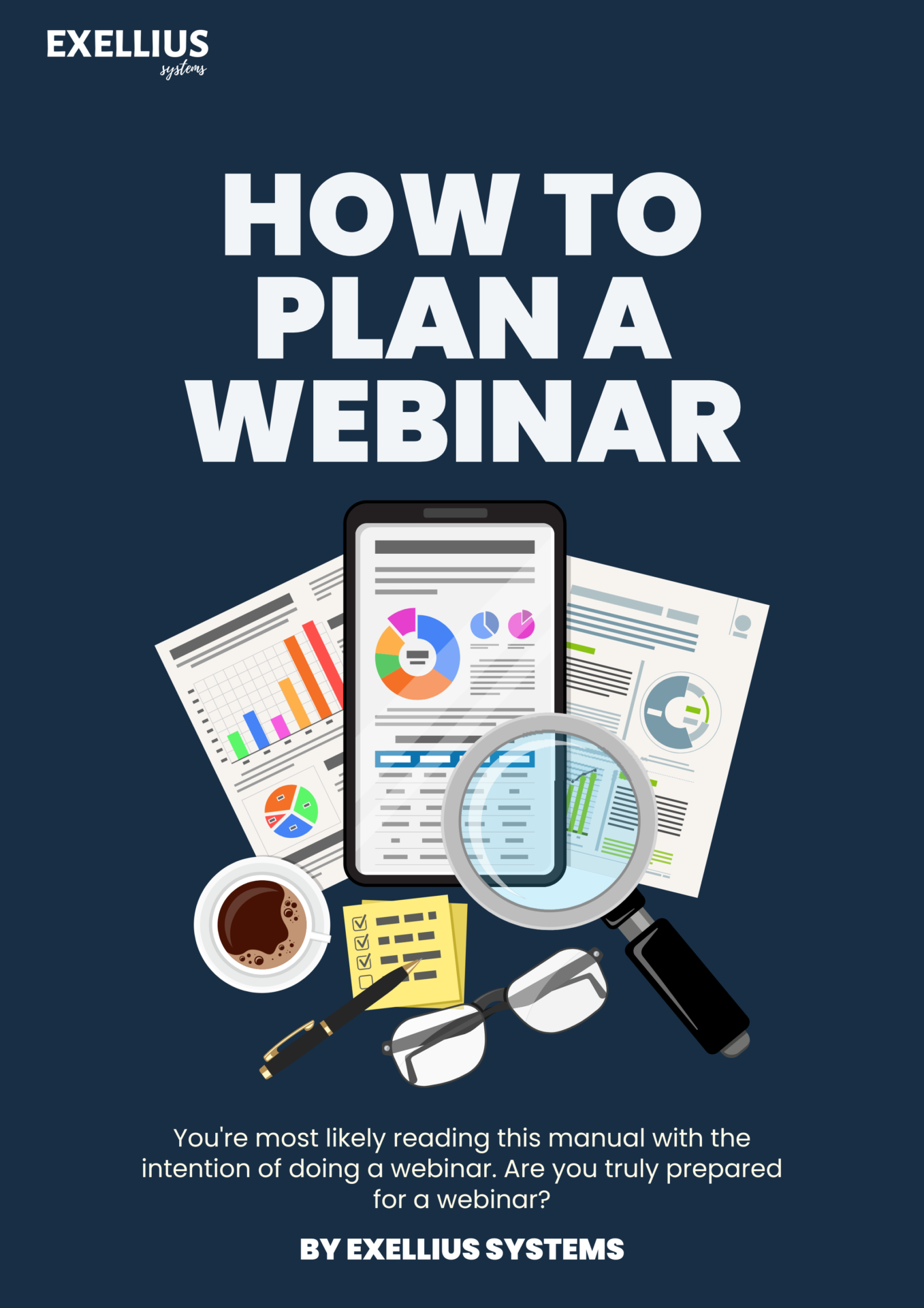
The performance of an organization is critically dependent on its health—its ability to align around and achieve strategic goals. However, many leaders overlook organizational health because they lack a clear way to measure and improve it. For a broad and deep assessment of a company’s wellbeing, McKinsey developed the Organization Health Index (OHI), a digital survey tool that quantitatively diagnoses strengths and improvement areas, enabling organizations to create targeted action plans to improve their health and success. Some factors OHI assesses include its direction, leadership, employee motivation and capabilities, work environment, accountability measures, and more. Since OHI’s launch 20 years ago, more than 2,500 McKinsey clients in over 100 countries have utilized this tool to improve organizational health. “Organizational health matters,” says Alex Camp, a partner in McKinsey’s People and Organizational Performance practice and OHI partner lead. “We’ve seen OHI deliver major returns for our for-profit clients. We wanted to bring that to organizations where returns are measured in social good; to small- and medium-sized nonprofits at scale.” A vibrant nonprofit sector, with healthy organizations equipped to realize their ambitious missions, is critical to achieving sustainable and inclusive growth around the world. Now, after a successful pilot with more than 70 nonprofits, OHI will be available free of charge to nonprofits around the world through the OHI for Nonprofits program. (Qualifying nonprofits can apply now through March 31, 2023 to enroll.) The pilot reached more than 4,000 employees at nonprofits operating in more than 45 countries. OHI is a great tool to help you peel back the curtain and find not only your weaknesses but what’s most important to your success Sports Backers executive director, Jon Lugbill OHI for Nonprofits is a core program of McKinsey.org, the firm’s philanthropic initiative promoting nonprofit successes. Nonprofits participating in this adapted version of OHI receive access to an organization-wide survey that diagnoses their current ways of working, identifying strengths and weaknesses in how their teams work together to advance their mission. Participating organizations receive a custom organizational health report, with a comparison to McKinsey’s nonprofit benchmarks and best practice resources to improve organizational health, such as webinars. McKinsey.org has already identified important insights for the nonprofit sector coming out of the program: 91 percent of staff at the healthiest nonprofits say their organizations are extremely effective at achieving their mission, whereas at the least healthy, it’s only 60 percent. Staff members who don’t believe their organization is extremely effective at achieving its mission are ten-times more likely to plan to leave the organization in the coming year. “Your talent wants a space that is inclusive and mission focused,” says Anu Gupta, leader of global social responsibility at McKinsey. “What nonprofits in the pilot found is that there were actionable steps they could take right away to make a major difference in the experience of their employees.” Indus Action is a social change policy nonprofit in India that participated in the pilot. It found OHI to be a key guide in shaping its future retention strategy. “We will be using OHI scores and data to address our retention challenges and strengthen employee engagement. The experience revealed so much about how these improvements can help us achieve our targets and goals,” says Achalika Ahuja, senior manager at Indus Action. Benchmarking scores against McKinsey’s nonprofit OHI benchmark helped Sports Backers, which inspires active living in Richmond, Virginia, to uncover new areas for improvement. “We identified a lack of clarity and effectiveness in our decision-making processes and will be implementing a detailed plan to improve efficiencies, increase transparency, and build employee ownership of decisions,” says Sports Backers executive director, Jon Lugbill. Jon would participate again to track progress over time and recommends other nonprofits take the OHI. “The OHI was a light-lift on our staff and proved invaluable to our goals,” says Jon. “If your organizational culture is open to change, then OHI is a great tool to help you peel back the curtain and find not only your weaknesses but what’s most important to your success.” Nonprofits interested in the OHI can check eligibility criteria and apply now through March 31, 2023.







